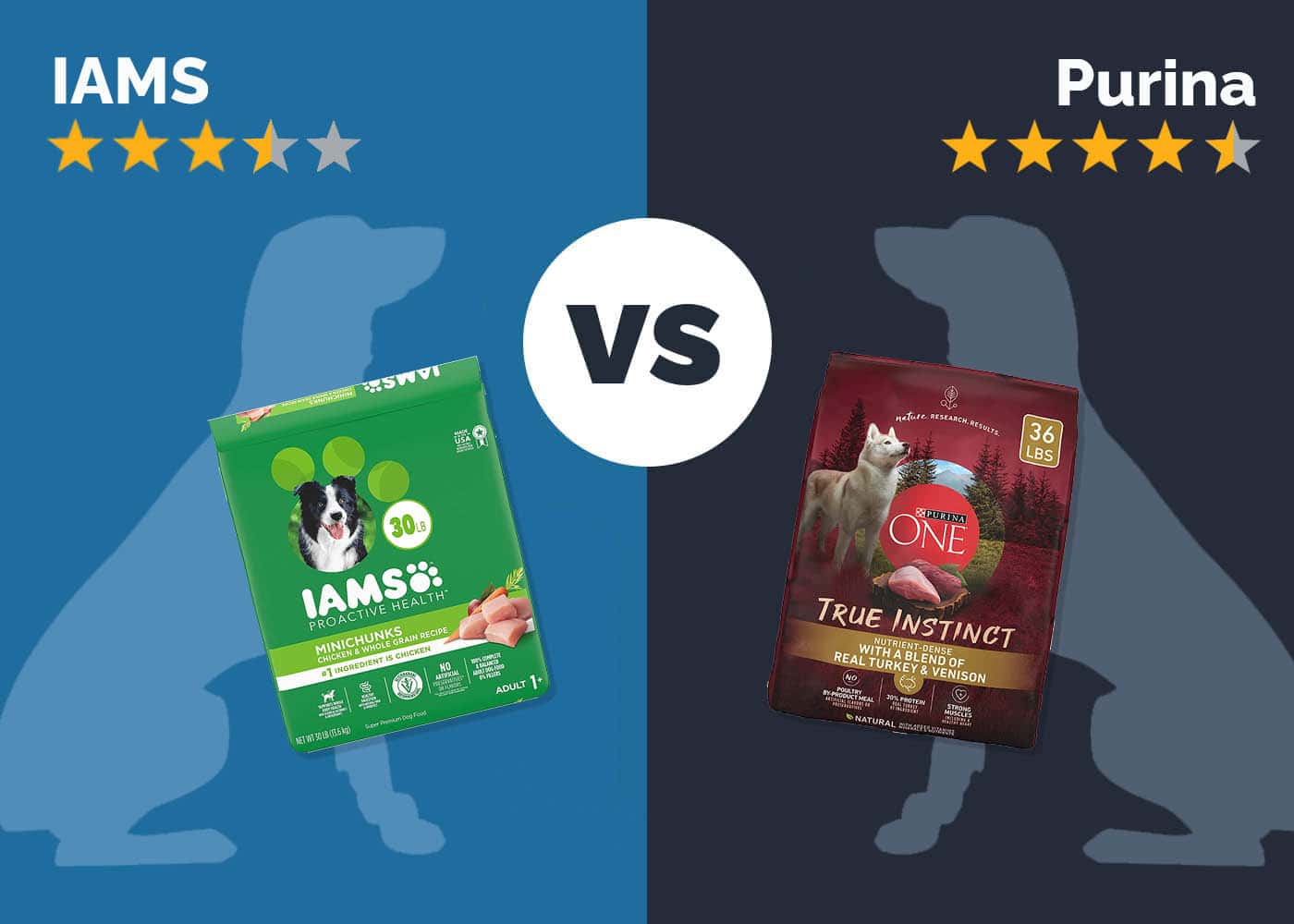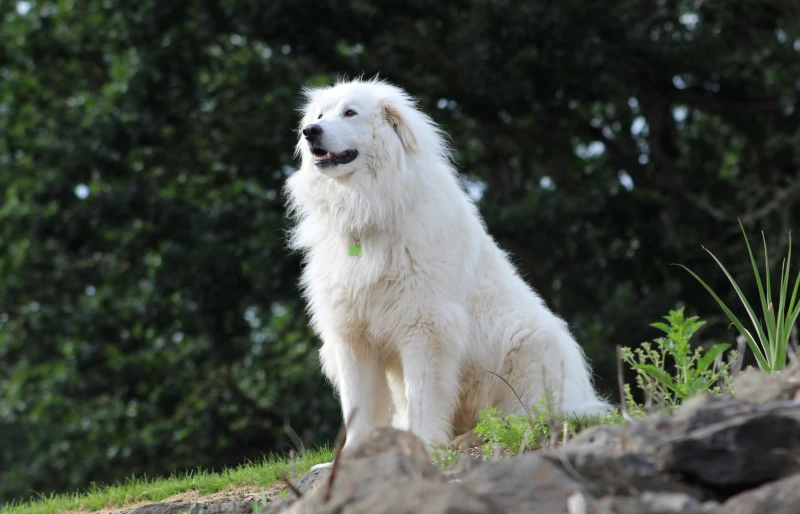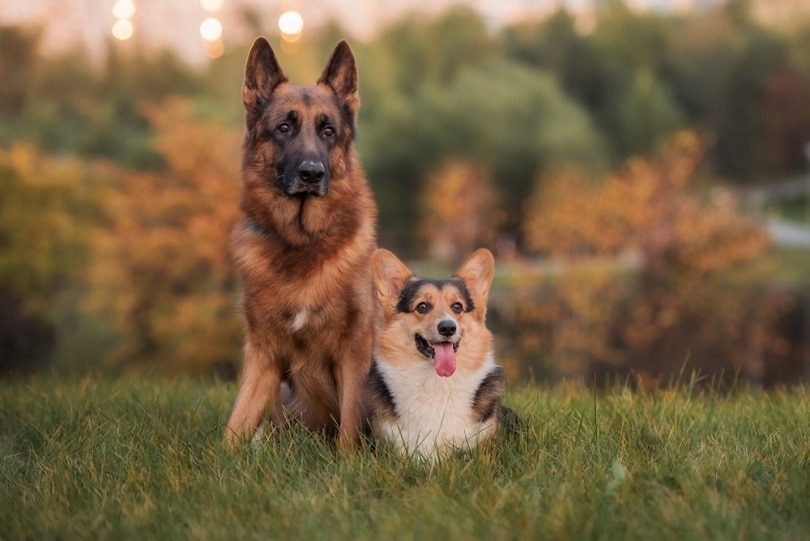Can Dogs Eat Black Beans? Vet-Approved Nutrition Facts

Updated on
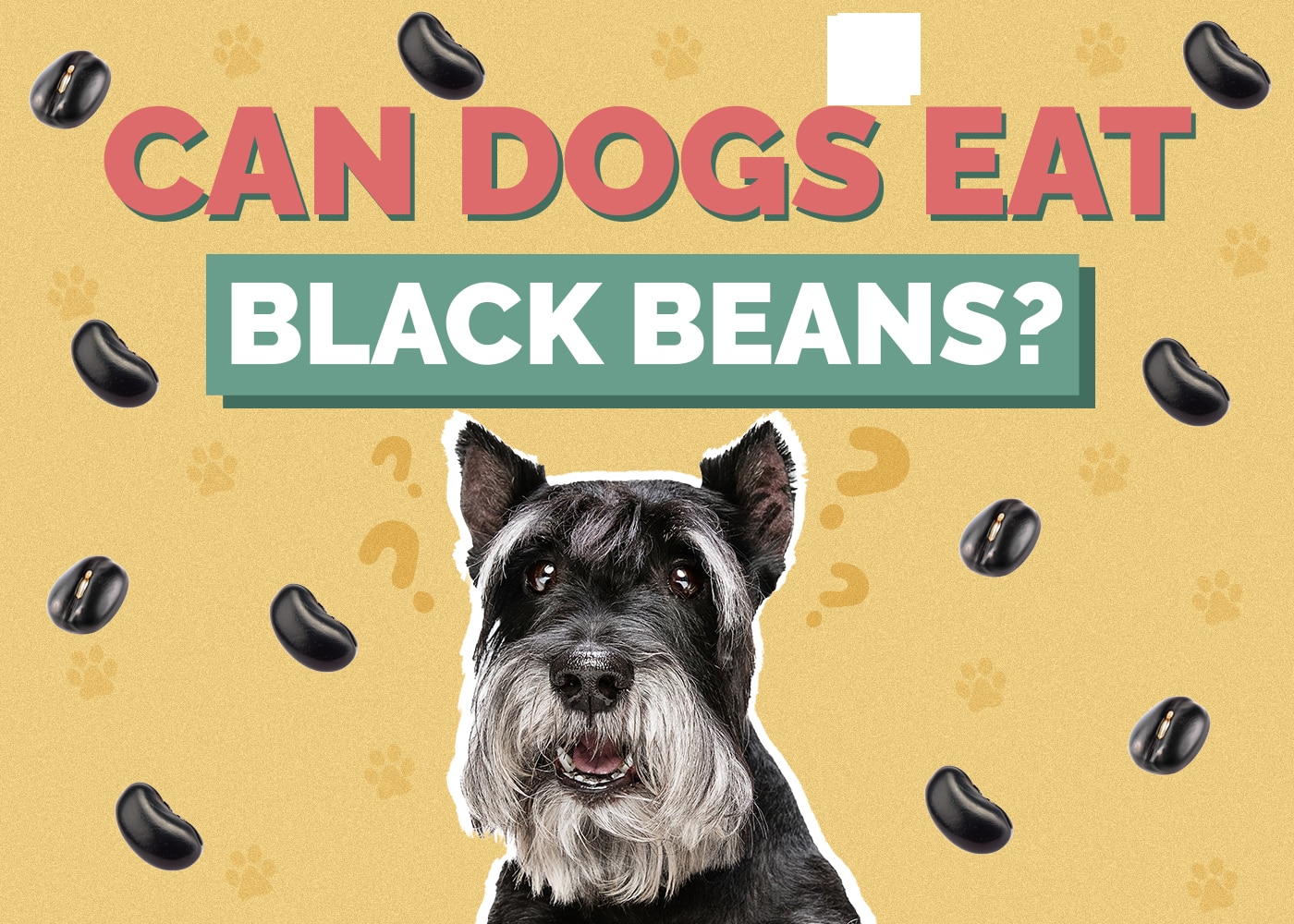
Click to Skip Ahead
Also known as turtle beans or caviar criollo, black beans are a type of legume. They have a similar shape to kidney beans, although less pronounced, and they are enjoyed in cuisines around the world. They tend to be inexpensive, and these kidney-bean-cousins have a creamy and mild flavor. Black beans are one of several varieties of beans and legumes that dogs can eat, which also include lima beans, kidney beans, and pinto beans.
Uncooked, black beans are very difficult to digest, which means they do need cooking before you can feed them. And while there are health benefits to feeding black beans, they should be fed in moderation, should not be used as a meat substitute, and can still cause flatulence in dogs, even if they are soaked and cooked before serving.
Ideal Dog Diet
Dogs are omnivores. This means that their digestive system is equipped to digest plant and animal-based foods. They can get protein, vitamins, and minerals from vegetables and other food types. However, it is important to know that meat protein tends to have greater bioavailability than plant protein, and meat contains a greater range of vitamins and minerals than vegetables, some of which are not available in most vegetables.
A dog typically benefits from being given a well-rounded diet that consists of plants and meat.
About Black Beans
Black beans are native to the Americas. However, because they are prepared and eaten around the world, they are grown in many other countries and regions across the globe. In certain cuisines, including Creole and Cajun, they have become a staple ingredient. In human cooking, black beans are soaked before being cooked because this not only improves the flavor but makes the beans easier to digest.

Health Benefits of Black Beans
Black beans are not toxic to dogs. They can be safely eaten without the fear of them causing severe reactions. They also offer several nutritional benefits which make them a positive addition to your dog’s diet 1.
- Manganese – Manganese ensures that bones and cartilage are strong, which means that it is directly linked to good mobility. It also enables the dog’s system to properly digest and utilize protein, and aids in the production of energy. It is an essential mineral and black beans are a good source of manganese.
- Vitamin C – Black beans are also high in vitamin C. Vitamin C serves several purposes in dogs. It strengthens the immune system, which can help stave off disease and fight infections. While dogs can actually synthesize vitamin C in their liver, some do benefit from having additional vitamin C in their diets.
- Vitamin K – Vitamin K is especially important for blood clotting. This is most vital if your dog suffers an injury, and if your dog is deficient in vitamin K, it will take longer for injuries to heal and for bleeding to stop. Poor clotting can also lead to various blood conditions and blood-related illnesses.
- Antioxidants – Antioxidants work to fight off free radicals, thereby helping prevent oxidation in the body. Free radicals are especially likely to cause health problems like arthritis and joint conditions, which means that this is another way that black beans can aid in good mobility.
- Potassium – Potassium works to maintain pH levels in your dog’s body. This means that bones and the blood remain healthy, and it is likely that potassium-rich foods help ensure strong bone density.
Black Bean Precautions
There are some potential risks associated with this legume. The biggest risk is that raw black beans can be toxic to dogs. The beans need to be soaked and then cooked to remove the potentially lethal toxins, but as long as the beans are soaked, they are safe.
How Much and How Often to Feed Black Beans
Always try to avoid feeding canned black beans. They contain a toxin that can cause illness and is difficult to get rid of even with extensive soaking and cooking. Also, like a lot of beans, black beans may cause flatulence in dogs so it pays to be cautious with the amount you feed. Start with a spoonful, potentially increasing to two spoons of this ingredient. You don’t need to feed any more than this in any single meal.
Ensure you thoroughly soak the beans and then boil them; in the same way you would prepare the beans for human consumption. You can make a large batch at the beginning of the week and then add a spoonful to each evening meal. Your dog will get the benefits of black beans and shouldn’t experience gas.
The 5 Human Foods That Are Good for Your Dog
1. Carrots
They not only contain vitamins and minerals that are essential to your dog’s system, but their crunchy texture is also good for dental hygiene and some dogs love the crunch.
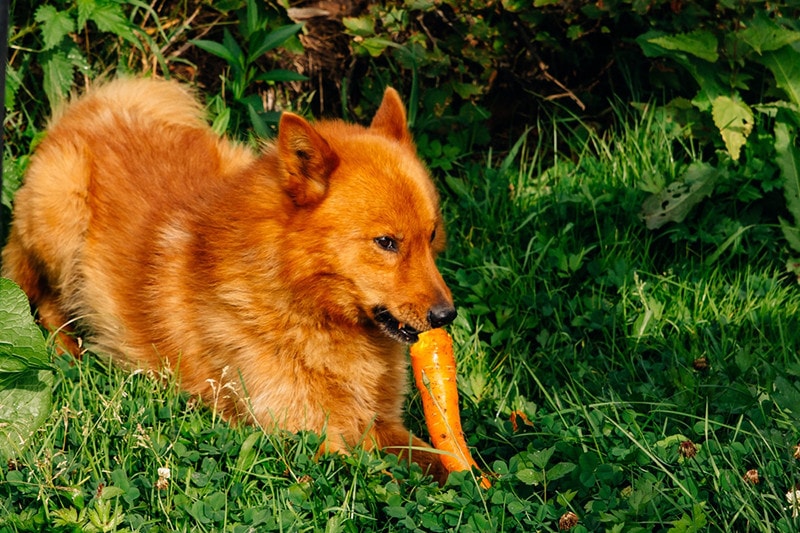
2. Salmon
Salmon is another food that dogs might get the opportunity to eat in the wild, although it would be opportunistic rather than because of any fishing on the dog’s part. You can feed salmon raw, and if you do cook it, use a very limited amount of oil.
3. Peanut Butter
Peanut butter is a great treat for dogs, but it needs to be plain peanut butter that is free from salt and sugar, or xylitol. Peanut butter is especially useful as a glue to hold food inside interactive treat toys and its texture means that even a small amount will last your dog a while.
4. Eggs
Eggs are packed with protein, and if you look at the ingredients of a lot of commercial dog foods, you will often find eggs and even eggshells listed because of the protein they contain. You should cook the eggs to avoid any potential salmonella risk and don’t feed too many.
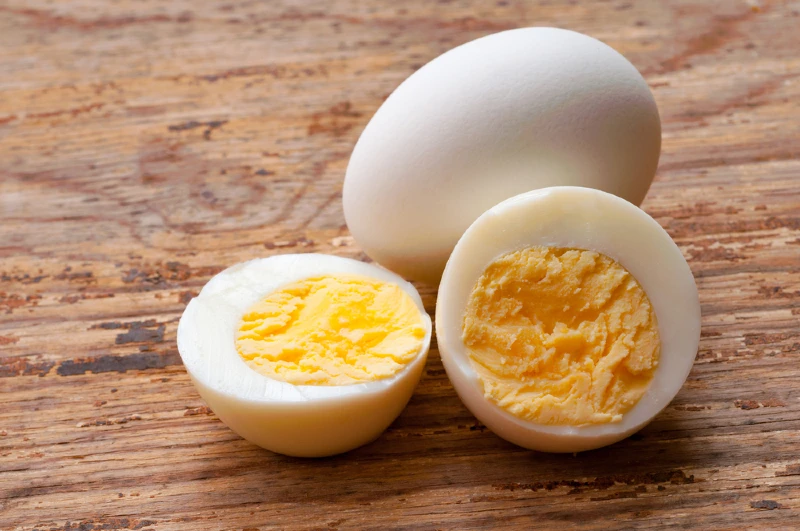
5. Coconut
Coconut is naturally sweet, and it offers a host of benefits. It is good for your dog’s coat and can also work as an anti-inflammatory agent. However, it is a fatty ingredient, so don’t feed too much coconut.
Conclusion
We must provide our dogs with a balanced and healthy diet. While many owners choose to feed their dogs commercially available dog food, there are just as many owners who like to enhance packaged dog food by adding some extra ingredients. One ingredient that is not only safe but considered to offer certain health benefits is black beans. These are high in manganese, vitamin C, and vitamin K, as well as protein.
They do need to be soaked and cooked before feeding, however, otherwise, they are very difficult to digest and can cause illness. Even when prepared and cooked, black beans, like other types of beans, can cause flatulence, or gas, so you should limit the amount you feed.
Related Read:
- Can Dogs Eat Green Beans? What You Need to Know!
- Can Dogs Eat Caesar Salad? Vet-Reviewed Health Facts
Featured Image Credit: Dave Charest from Pixabay



